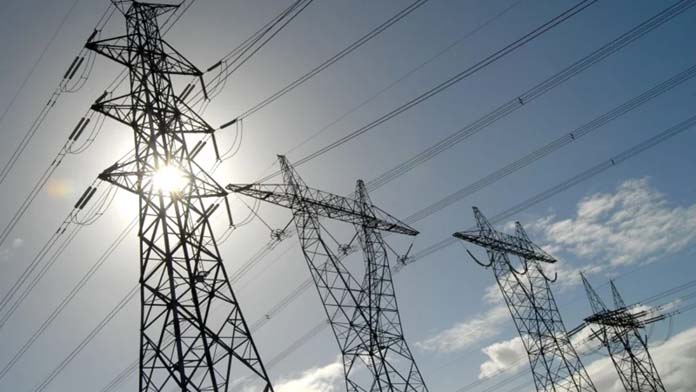Anthony Albanese has trumpeted Labor’s efforts to cap coal and gas prices as a solution to soaring power bills.
Power prices are already up 20 to 30 per cent over the past year. But the new measures won’t stop further prices rises, they will only reduce them. Power prices are still set to rise another 23 per cent this year.
Low income earners will get further price rebates funded by $1.5 billion from the federal government and the same amount from the states.
Coal and gas prices have surged over the last year as a result of the war in Ukraine. This has seen the profits of coal and gas mining companies soar. Coal company profits grew by between $39 and $42 billion last year. Gas companies took up to $40 billion extra.
Labor could have gone much further. The government should have insisted on price caps sufficient to lower power bills and imposed a windfall tax on the obscene mining company profits.
Instead its price caps are still generous to the mining companies. Gas prices are capped at $12 a gigajoule, higher than the average price in 2021 of $10 a gigajoule. The coal price cap is also slightly above the price before 2021.
And instead of cancelling contracts already signed for coal above the $125 price cap, it will pay back coal power stations for anything above the cap. This will cost up to $1 billion—money that will go straight into the pockets of the coal mining bosses.
The gas companies are outraged even by Labor’s modest changes. Santos CEO Kevin Gallagher fumed that it was a “Soviet-style policy” and gas producers have suspended signing new contracts with retail companies claiming they need more time to understand the new rules.
Even with far tougher domestic price caps the companies would still be making massive profits, since they export the vast bulk of Australia’s coal and gas.
The other reason for higher power bills is profiteering by the companies running the power stations. This is the result of privatisation in most states since the 1990s. In June last year the Australian Energy Market Operator temporarily nationalised the operation of power stations, after power companies withheld supply in an effort to game the system and extract higher profits.
Control was turned back over to the market after just a week. Permanent nationalisation would stop the profiteering and help push down prices.
Other governments have already done so. The French government has fully re-nationalised major power company EDF to force it to limit prices. Germany has nationalised coal and gas power giant Uniper.
Renewable energy would also deliver much cheaper power. Speeding up the transition requires government investment instead of leaving it to private companies.
Electrifying household heating and cooking instead of using gas would also reduce bills and cut carbon emissions. Rolling this out requires a government scheme to help households, including renters, meet the upfront costs of replacing appliances. The government has agreed to some measures in its next budget following demands from The Greens, but the details are not clear.
The price rises caused by fossil fuels are a historic opportunity to start phasing them out. The government could be seizing their profits and re-nationalising power in order to deliver lower prices and a rapid transition to renewable energy. But Labor is too committed to defending company profits to do that.
By James Supple






